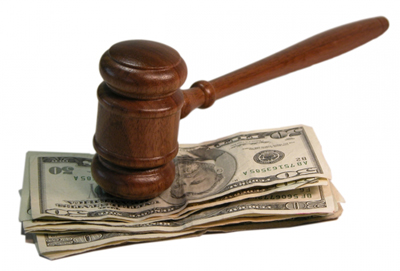Where will prices go in 2023 for the Property Market?
Insights on our current property market
The reason the RBA has raised interest rates is to bring down the rate of inflation to a more manageable level.
With inflation forecast to have now peaked, there’s possibly only one or two more interest rate rises early in the new year before the RBA is confident that it has inflation under control.
The Reserve Bank Governor has indicated a preference for the cash rate to hold between 2.5% – 3.5%, and we are in the middle of that range now.
The hard part for the RBA is working out whether to pause at the current levels or lift rates one more time before pausing and waiting to assess whether inflation is contained.
The RBA does not want to risk pushing the economy into recession, and no government is going to allow property prices to drop substantially on their watch. If the economy and the property market come under sustained pressure, the RBA, the Federal Government, and the retail banks will respond to support the economy. They cannot afford to sit back and do nothing.
Those looking to buy or sell in the next few months will be faced with a barrage of conflicting reporting, mostly predictions of doom and gloom and a market crash. Don’t allow mainstream economists dictate your thinking.
History has shown that mainstream forecasters have a dismal track record. Look at their recent predictions of a property market crash in 2020 during the pandemic. They were forecasting falls in the order of 30% to 50%. We all know what happened, and when we now look back, this was an excellent time to buy property. Prices soared across Australia with some areas recording gains of 30% or more. If you allowed mainstream economists to dictate your thinking, you would have sat on the sidelines watching this great opportunity pass you by.
The latest property data has given rise to speculation that the property market may move back into positive territory by mid next year.
The fundamentals for a healthy property market are still intact. Supply of housing remains low, immigration is rising to record levels (and China is still in lockdown), rents are still rising in most areas with record low vacancy rates, and unemployment remains very low.
These are all strong factors; they are not the fundamentals that would cause a property market crash.
As inflation moderates it will take the pressure off the RBA rate increases. Once interest rates stabilise, buyers and sellers will enter the market in greater numbers. The increase in demand, if the supply of property is not enough, will put upward pressure on property prices.
Buyer sentiment plays a huge role in the short-term performance of the property market.
What’s interesting to note that is when property prices are rising, property buyers feel more comfortable about jumping in. When prices begin falling, buyers tend to rush to the sidelines. The point being the property market is far more emotional and reactive to events than most people realise.
By Paul Kounnas



